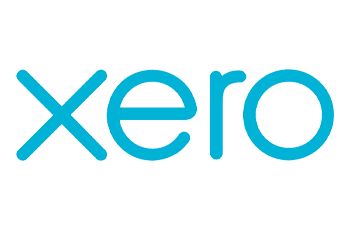As a freelancer or contract worker in South Africa, managing your finances can seem like a daunting task. After all, it’s unlikely that your field of expertise is tax law! Understanding your tax obligations will not only help you avoid any hiccups with the South African Revenue Service (SARS) but could even help you maximise your earnings. Let’s take a look at some useful tax tips for freelancers and contract workers to start you off on the right foot.
You Need to Register for Tax
If you earn income as a freelancer or contract worker you have to register as a taxpayer with SARS if you earn over a certain amount (currently R95 750 if you are younger than 65 years). You can do this by completing the relevant forms and submitting them to your nearest SARS office or you can register online via the eFiling platform. Registering as a taxpayer is the first step in your tax journey and you will receive a tax reference number once completed.
Try to Keep Accurate Records
Maintaining accurate records of your income and expenses is essential in any business, and the same is true for freelancers. By keeping detailed records, you can easily track your earnings, deductions, expenses and any other financial information that you will need in the future. Consider using accounting software or online platforms to help keep you on top of your finances.
Don’t Forget About Tax Deductions
One of the advantages of being a freelancer or contract worker, as opposed to a full-time employee, is the opportunity to claim tax deductions. You can claim deductions for business-related expenses, as long as you can prove that the expenses were incurred in the production of that income. The type of expenses you can claim depends on the type of income you receive, so be sure to keep all the supporting documentation as evidence.
Paying Provisional Tax
Freelancers and contract workers in South Africa are typically required to pay provisional tax. If you don’t have a fixed monthly salary, or if you receive income from sources other than a registered employer, you have to register as a provisional taxpayer. This means you have to pay your tax liability in advance, based on your estimated income for the year. Provisional tax payments are due twice a year, with the first payment due by the end of August and the second by the end of February.
Estimating your income can be difficult when your earnings tend to fluctuate each month. And on top of that, your estimate has to be within 90% of the actual amount you owe for that tax year. Luckily, there is the option to make a third payment by the end of September to make up for any shortfall. So be sure to keep your calculator close by when you’re making calculations and estimations, or you might have to pay a penalty.
Seek Professional Advice
Managing taxes and finances as a freelancer or contract worker can be complicated, and it takes a lot of time out of your day. Seeking professional advice from an experienced accountant will provide you with peace of mind and ensure that you comply with tax regulations. An accountant can be a valuable asset, helping you to make smarter financial decisions and improve your cash flow management.
Given the intricacies of the South African tax system, it is highly recommended that you consult with an expert. By partnering with an accountant, you get to focus on your own work and you don’t have to lose any sleep worrying about your tax obligations. Contact Booysen Accountants today to find out more about how we can support your enterprise!





